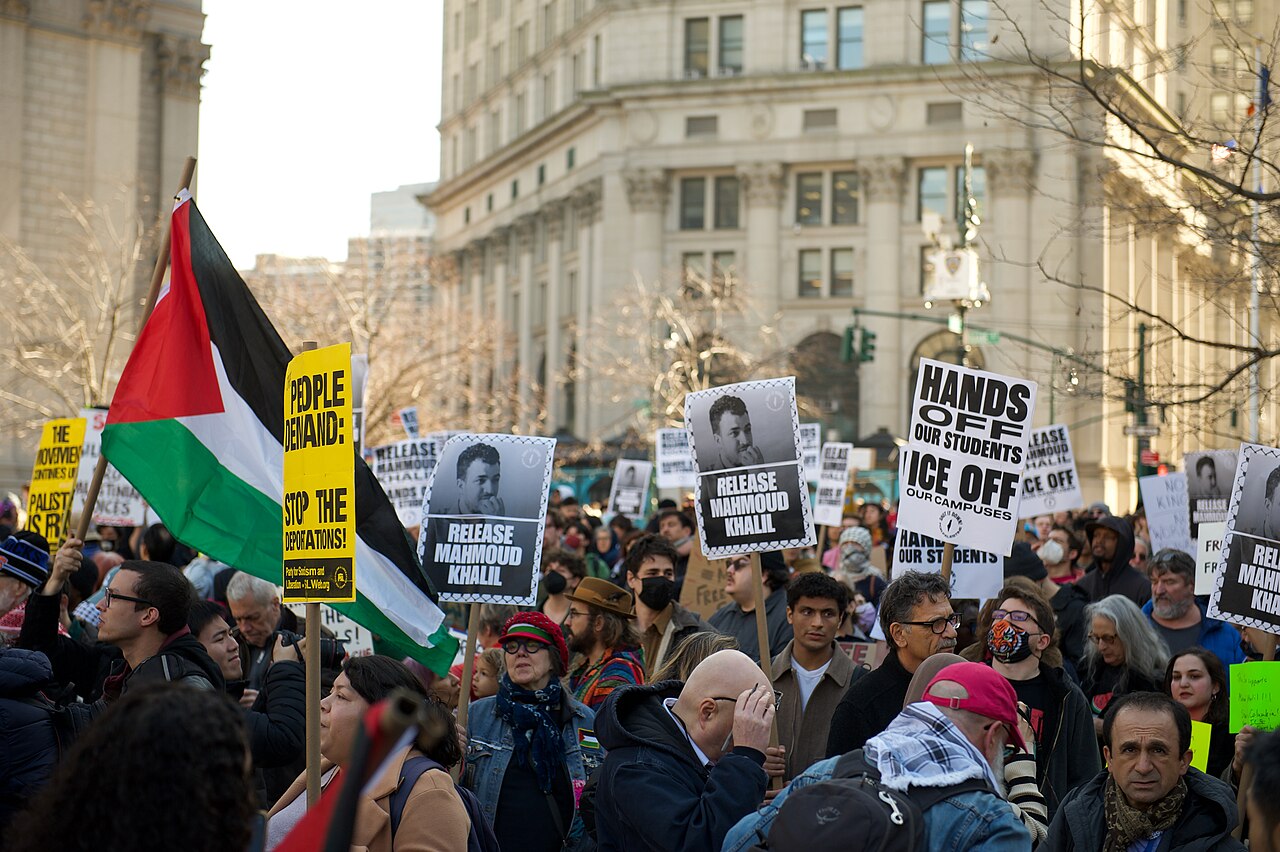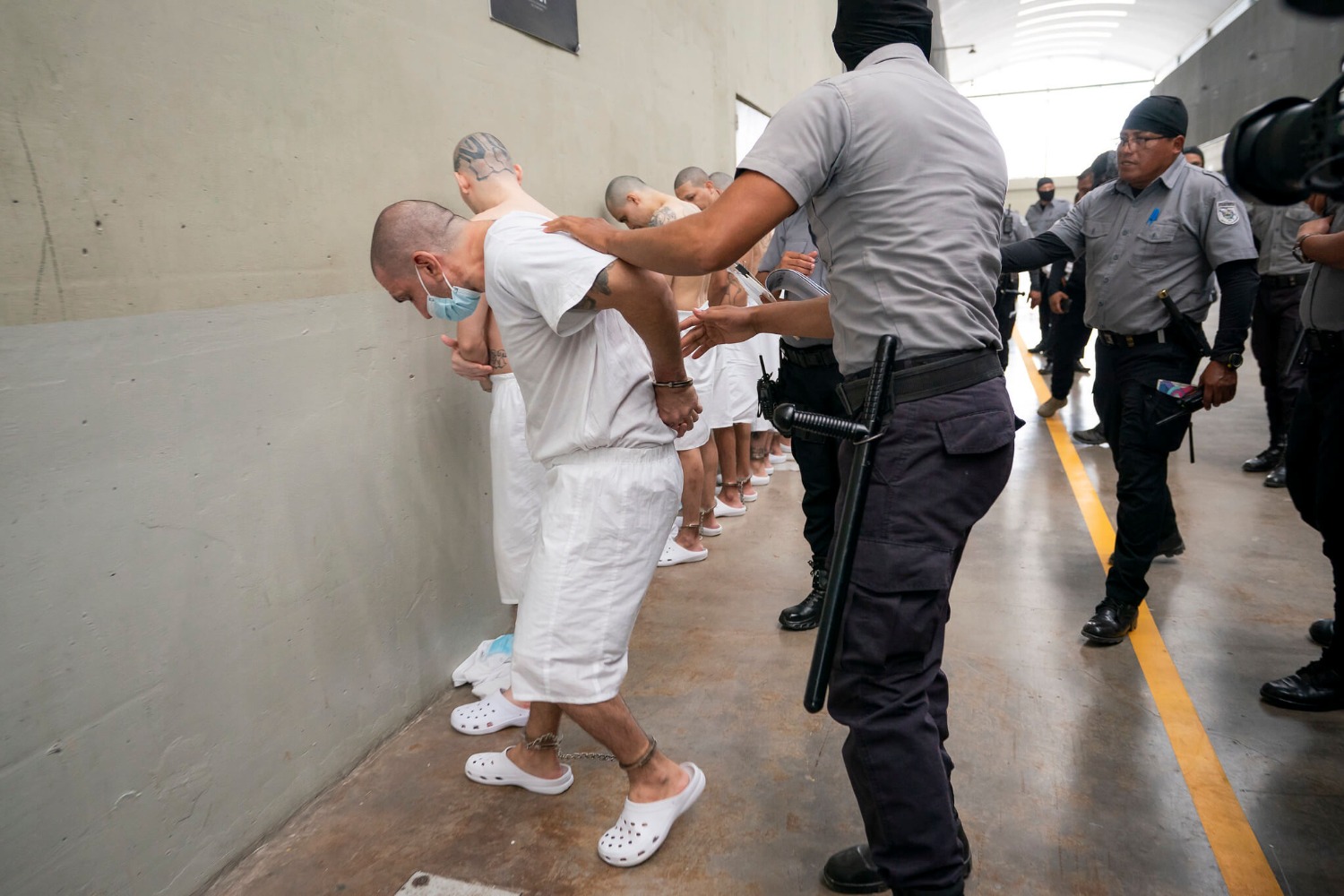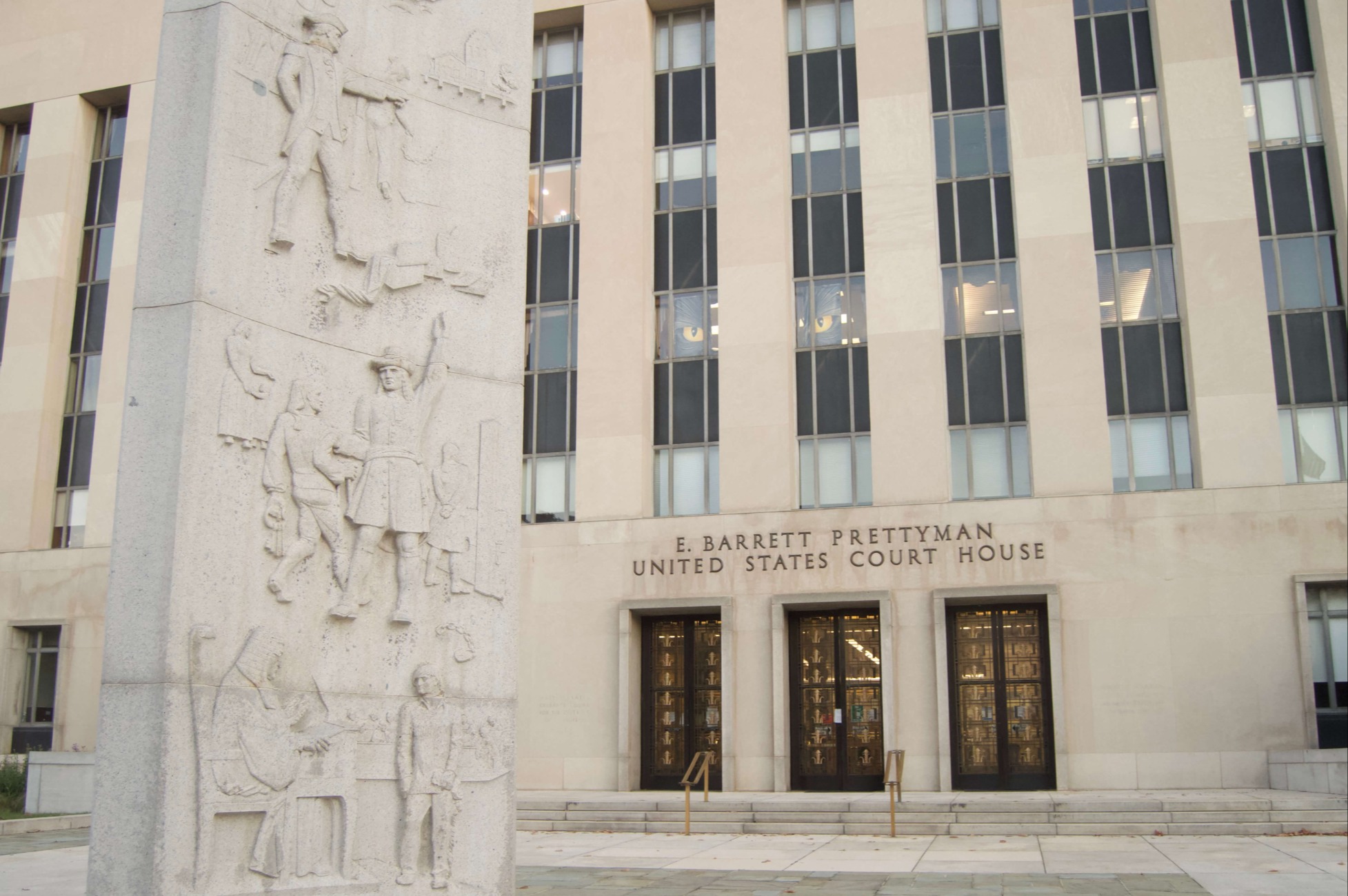The Situation: About Those Disappearing Students

Published by The Lawfare Institute
in Cooperation With

The Situation on Friday meditated on the plate tectonics of the ongoing confrontation between President Trump and the forces of the ancien régime.
Today, we need to talk about those disappearing students.
By now I don’t need to repeat the facts of these cases. Foreign students are having their visas or even lawful permanent residencies revoked by the secretary of state. They are then being plucked off the streets with no notice and put into immigration detention.
The grounds for their detentions seem to range from participating in anti-Israel protests to writing op-eds in student newspapers. In none of the cases does there seem to be a serious allegation of criminality or material support for terrorism. The secretary of state, rather, declares that he has revoked—unilaterally and without any kind of process—a few hundred visas on the basis that people have come here to be students and then made a “ruckus.”
And making a ruckus is rude.
The issue in a certain microcosmic form isn’t new. One of my introductions to the field of national security law as a young reporter in the early 1990s involved a then-ongoing case in Los Angeles. It involved eight area Palestinians whom the government had detained and sought to deport on a similar legal theory. The case stretched on for 20 years.
What is new here is the scale at which the government’s trying to do this—that is, using immigration authorities as a means of cracking down on political dissent on matters of political dispute. There are not a lot of legal authorities that let the government disappear people off the streets and not have to justify it quickly in court using actual evidence. This is one of them—because of a weird interlocking set of immigration authorities that abused just right might be said to permit it.
Here’s how it works in four distinct steps:
At the base of the pyramid is an odd lacuna of First Amendment law—which is that it is not entirely clear how and to what extent foreigners really have free speech rights in the specific context of their immigration status. The Supreme Court has, to be sure, said that foreigners on American soil have First Amendment rights. But it’s also perfectly okay for, say, the State Department to deny someone a visa to enter the country on the basis that the person has said nasty things about the country or consorted with bad guys abroad.
There are also laws, one of which is almost certainly at issue in these cases, which allow the secretary of state to determine that someone’s presence on U.S. soil has adverse foreign policy consequences for the United States, and to revoke his or her permission to live here on that basis. That makes sense when one is dealing with, say, a former senior official of a foreign country whose presence here is causing friction with her home country. But what about for, say, a Palestinian student who is just demonstrating—which is to say causing a “ruckus” on a campus?
The molten core of the argument is that foreigners lack the First Amendment right not to have their lawful residency revoked because of what they say in the United States.
That argument alone, however, wouldn’t get Rubio far enough to yank people off the streets and put them in detention. So the second step in the chain is the assertion that Rubio gets to determine that someone threatens U.S. foreign policy on his own and without any process to constrain him. The statute here backs him up to a certain extent: “An alien whose presence or activities in the United States the Secretary of State has reasonable ground to believe would have potentially serious adverse foreign policy consequences for the United States is deportable.”
Note that the law commits the judgment to the secretary and doesn’t describe any process for his making it, save the requirement that his “ground” be “reasonable.” Nor does it say who gets to decide whether his judgment is reasonable or not.
This means, at a minimum, that any process to challenge the secretary’s grounds or their reasonableness (or the constitutionality of the provision itself) necessarily comes after the detention and removal commence. Instead of receiving a notice of a visa or residency revocation and an opportunity to challenge or appeal it, the subject has to do whatever challenges he or she is going to mount either in the immigration proceedings themselves or in a habeas corpus or other legal challenge to the arrest or action.
This is a huge leap—one that allows a person who has concededly broken no law but, rather, complied with every jot and tittle of the Byzantine labyrinth of American immigration rules, to go from law-abiding student to suddenly detainable because the secretary of state has interpreted her concededly constitutionally protected activity as adverse to the foreign policy of the United States.
This brings us to the third legal leg of this footstool: Detention. Not everyone who is put into removal proceedings gets detained while those proceedings are, well, proceeding. As a general rule, immigration detention is discretionary on the part of the authorities. There are exceptions to this rule, for example, involving certain aliens convicted of crimes where the law affirmatively requires detention until the government effectuates removal.
But there is certainly no rule that requires the government to lock someone up while seeking to deport him or her for conduct that would concededly have amounted to protected speech if performed by an American citizen. And there is no rule requiring that ICE must take you into custody because the secretary of state has waved some magic wand and made you suddenly arrestable by interpreting your non-violent oped-writing as a threat to US foreign policy interests.
That, rather, is a choice. And the fact that the administration seems consistently to be choosing detention with respect to students accused of no crimes and posing no obvious threat suggests that there is a repressive purpose here.
It is, after all, one thing to assert in some theoretical sense that the government has the authority to detain and expel someone because of his political relationship with some disfavored group. It is quite another to make a policy of hunting down people of such politics, locking them up, and deporting them on that basis—and then boasting of hundreds of such visa revocations. At some point, the matter becomes one of persecuting a dissenting view.
True, the persecution has to be limited to people who are not citizens, owing to the nature of the legal theory underlying it. But that’s actually a lot of people. And having a policy that all-but-openly announces itself as pursuing the detention and expulsion of any non-citizen who is openly opposed to Israeli policy represents one of the most dramatically repressive and broad-based assaults on free speech in this country’s modern history.
This brings me to the final element of the pyramid: bond. Normally, in a removal proceeding, the detainee gets to move for bond. These cases tend to drag on a long time. Detention is expensive for the government and burdensome on the detainee’s liberty. It’s better for all if the detainee, particularly one who is not suspected of crime or posing a danger to the community, posts some kind of surety and goes free.
By the nature of these cases, the individuals here are not likely dangerous. They are not likely either to flee and go underground and live as unlawful migrants in the United States. There is no good reason for them to sit in detention for long periods of time while the issues above get sorted out in both federal and immigration courts. Yet I don’t think I’m alone in harboring the suspicion that the government is not going to be quick to consent to freeing them on bond.
The reason, of course, is that the repressive nature of the policy loses some of its sting if the detainee is only a detainee for a few days and then gets to hang out free while litigating his or her case for however long that may take. The repressive component works a whole lot better if when you disappear students to Louisiana, they stay in Louisiana with minimal contact with families, friends, and lawyers. It works better if they stay there for months and months—or years—even if they eventually win. And it works better if a court has to order them released, and the government then appeals and fights it every step of the way.
This way, you send a message to all those who would make a “ruckus” on behalf of some disfavored cause that not only will we hunt you down on the streets and vanish you into a car and send you to a detention facility in Louisiana, but we will litigate like tigers to keep you there as long as humanly possible.
But don’t worry: you can leave any time. You hold the keys to your own cell. It’s not punishment. And it certainly isn’t repression. All you have to do is agree to leave the country.
The Situation continues tomorrow.





